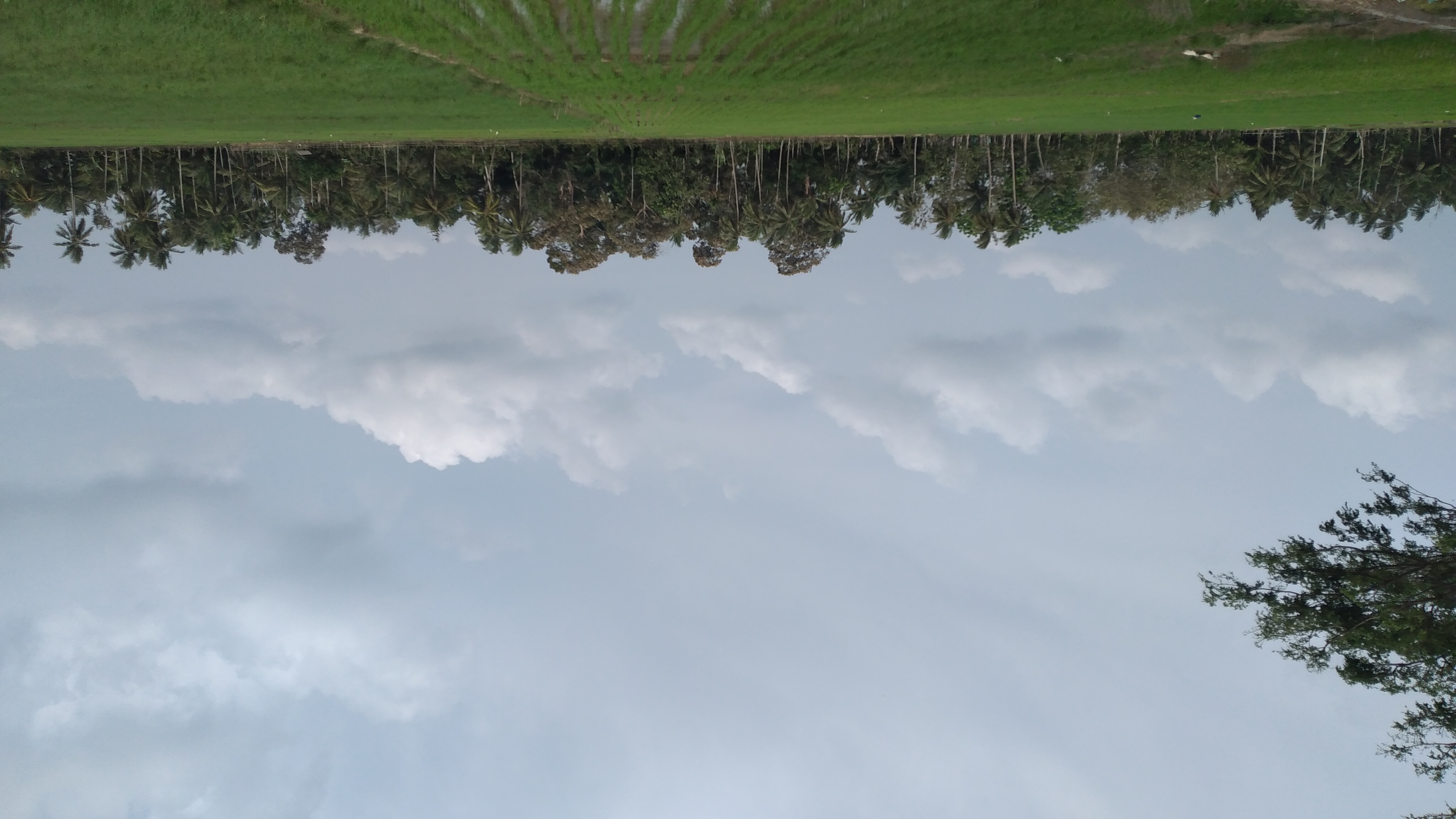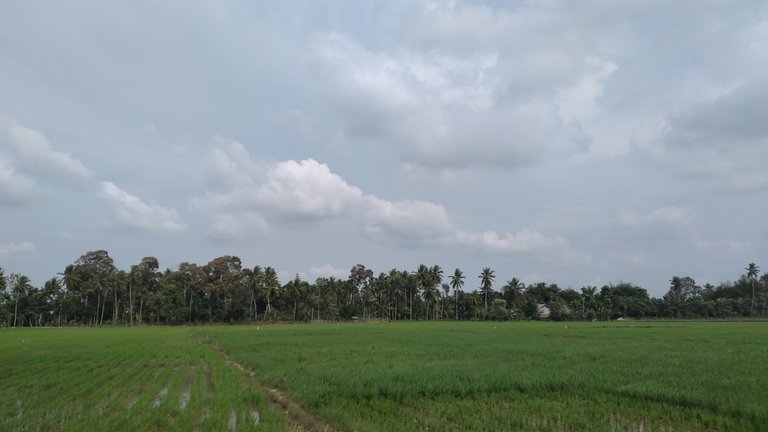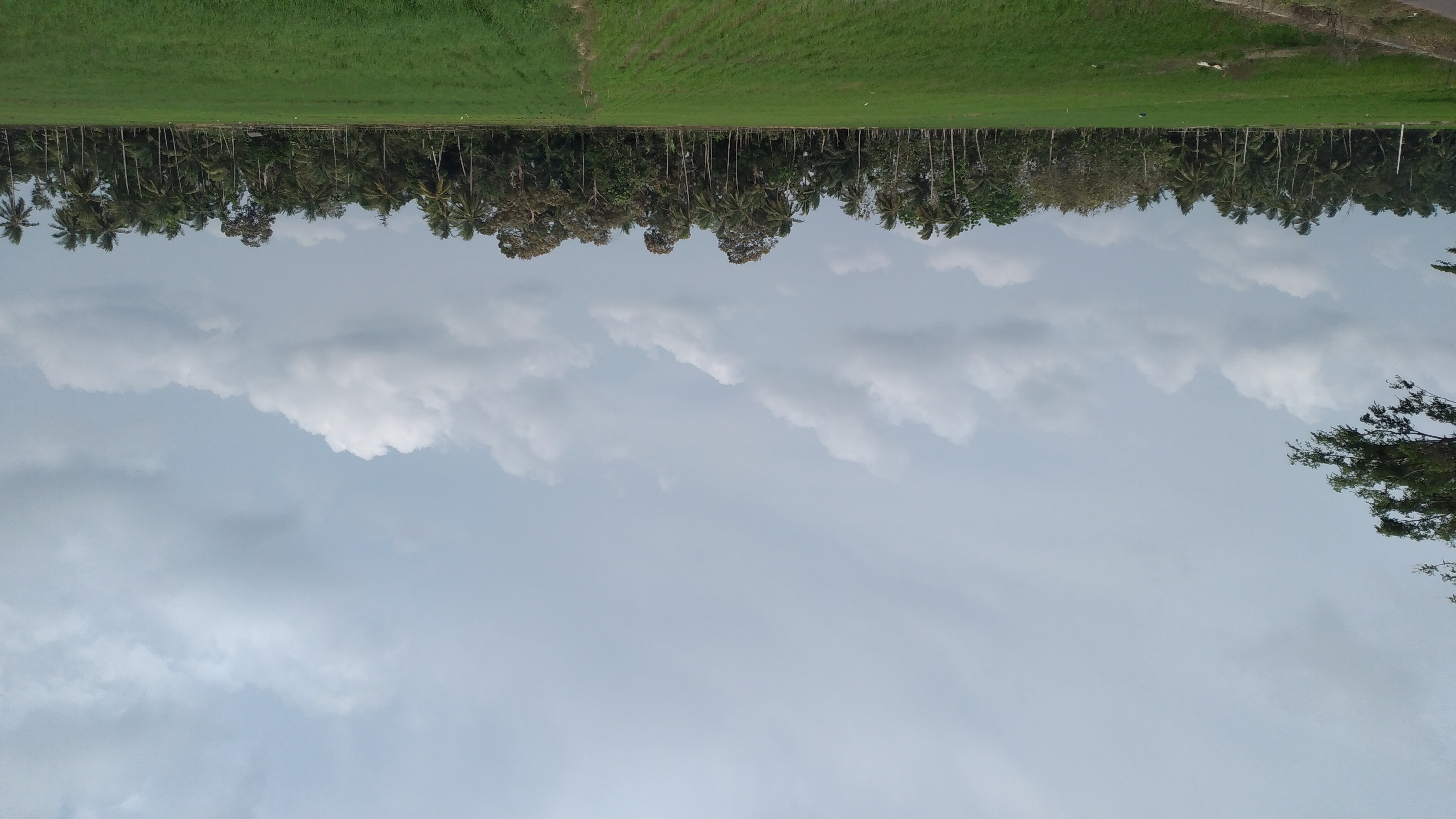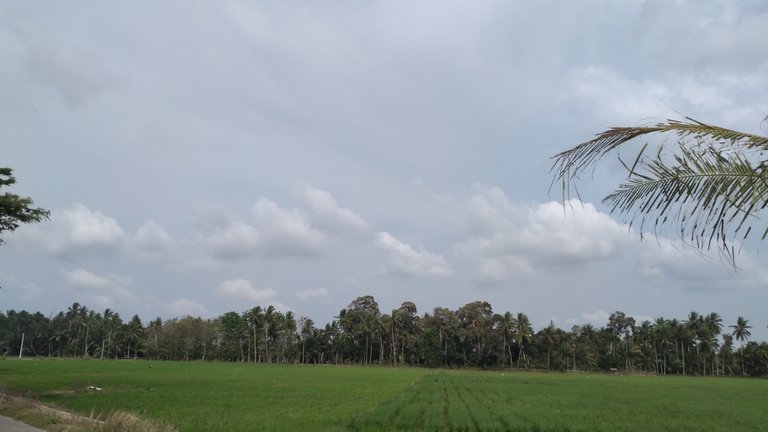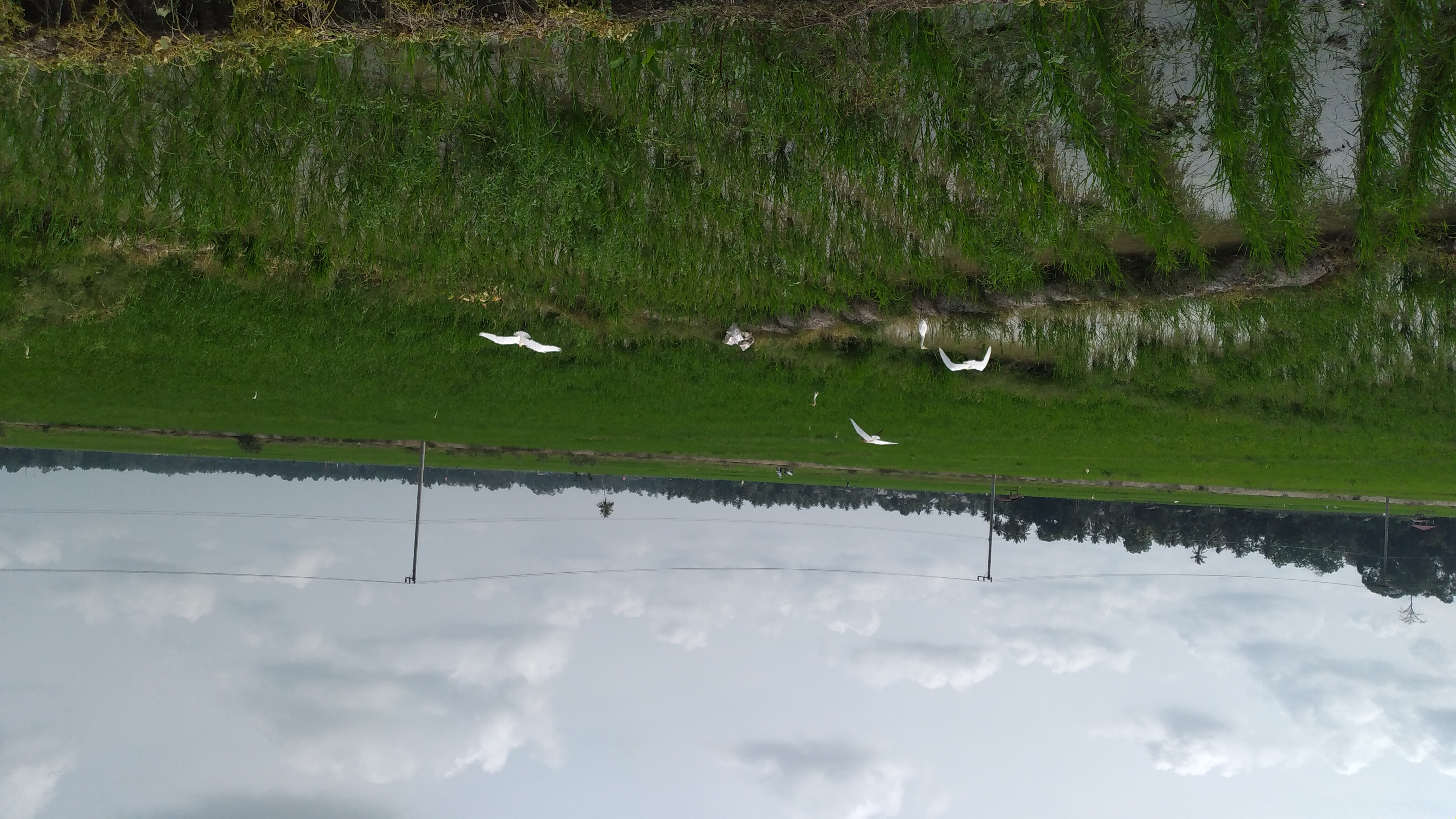
Sparrows are a type of pest from the class of grain-eating birds (aves) that attack panicles on rice plants to eat seeds or grains of rice. This causes farmers to experience a loss of 30-50 percent of their production. Birds will attack plants that are 70-80 days old, when the rice grains are full.
Another disturbing thing about sparrow pests is that in groups they will eat rice plants from morning to evening. Therefore, sparrows are quite worrying pests. There are several methods commonly used by farmers to control pests that eat young rice grains, see the following review.
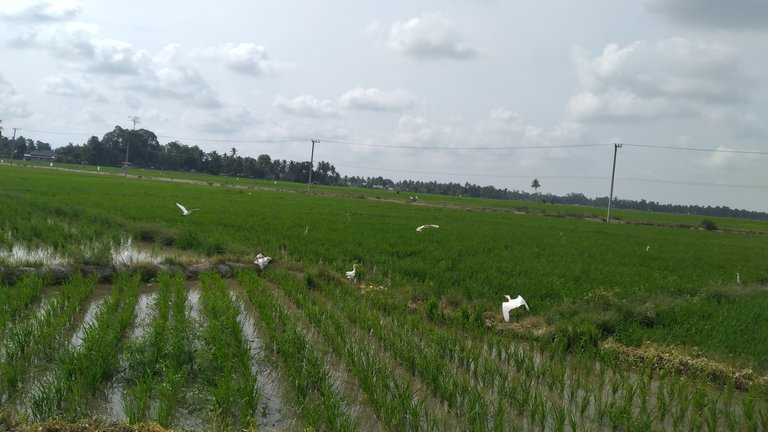
Usually, rice that is planted not according to the rice planting schedule is more susceptible to attack by bird pests. This is because when it is not harvest season, it is more difficult for birds to get food, so rice planted out of season becomes one of the biggest sources of food for them.
Based on farmers' experience, generally rice harvested at the end of March to April in the rendang planting season and harvested in September in the gadu season is relatively less susceptible to bird pest attacks. So farmers should plant rice simultaneously and adjust the harvest time to that month.
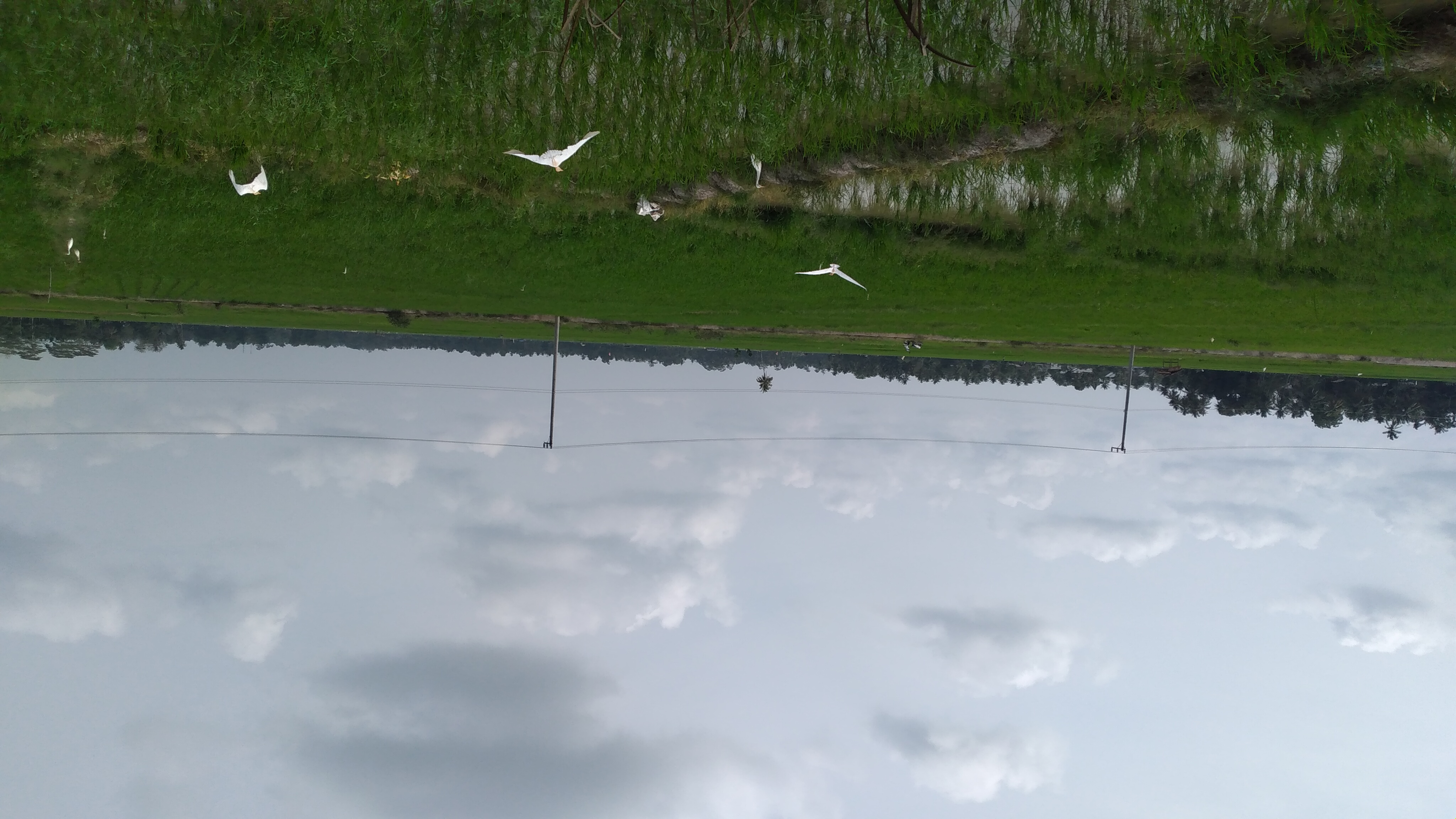
In general, sparrows don't like flashy colors, such as yellow. Therefore, farmers can ward off this pest attack by planting sunflowers or chicken dung flowers. These flowers can be planted in rice fields as borders. That way, birds will be reluctant to approach the rice plants.
Just like flashy colors, sparrows also don't like shiny things. Therefore, bird pests can be driven away by using shiny objects, such as plastic or used discs (audio/video CDs).
Usually, farmers embed wood every 5 meters or according to site conditions. Shiny plastic will be attached to the wood which will reflect the incoming sunlight. Unfortunately, this method has a weakness, namely that when the weather is cloudy, in the morning and evening, the plastic cannot reflect sunlight.
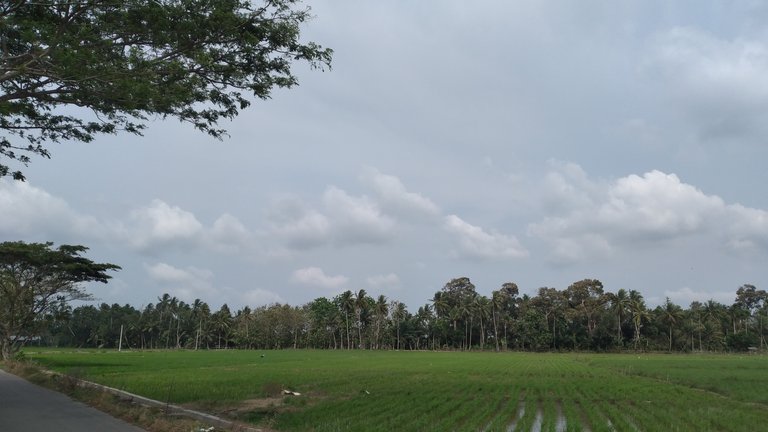
Bird pest control can be done by using special nets to catch birds, farmers usually use nets used to catch fish. The net is attached to some wood or bamboo in the rice field embankment. However, this method requires large costs because farmers need a lot of nets to protect quite large rice fields.
The aroma of jengkol, which sparrows don't like, is used by farmers to repel these pests. How to use it is quite easy, farmers will soak the jengkol for several days until the soaking water gives off a strong jengkol aroma. After that, the jengkol soaking water will be put into a bottle, then the bottle will be placed in several corners of the rice field or sprayed on the rice plants.
